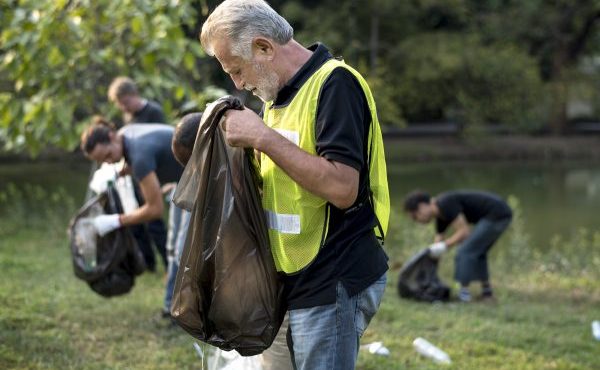In life, regardless of age, you must choose your peers wisely. That is because the short answer to the question, “Can I Still Get Arrested Even if I Was Not the One Committing a Crime?” is yes. It is true that your presence alone could be enough to get you arrested and charged with a crime, even if you are innocent. You see, there are such offenses that permit law enforcement to arrest anyone who is in a “place of common nuisance.” The criminal charge for being present in a place of common nuisance is aptly referred to as, “visiting a common nuisance.” Furthermore, there is even a crime referred to as, “maintaining a common nuisance.”
Continue reading to learn more about these offenses, what to look out for, and how to avoid the maximum penalties for such criminal charges.

Criminal Defense Law Firm 317-636-7514
A Place of Common Nuisance
A “place of common nuisance” is considered to be any private property in which illegal activity is actively taking place. A place of common nuisance can be any structure, including houses, vehicles, apartments, hotel rooms, boats, and any other privately-owned residence. The most common types of crimes that occur in a place of common nuisance are the consumption and selling of illegal substances and paraphernalia. This includes street drugs, stolen merchandise, firearms, and medication.
Visiting a Place of Common Nuisance
Anyone person who knowingly attends a place of common nuisance is committing a crime, and if caught, can be charged with the offense of “visiting a common nuisance.” Individuals can be arrested and charged with this crime without actually taking part in any illegal activity. Here is an example:
A girl begins dating a new guy, and visits his apartment for the first time. He lives with two other male roommates. His roommates sell illegal drugs and partake in drug use at the apartment at all times. If she were to be visiting her boyfriend’s apartment while police show up, she too could be arrested just for being somewhere where illegal activity is taking place. This rings true even if she did not partake in any drug usage or trafficking.
Maintaining a Common Nuisance
If a person permits someone, or a group of people, to partake in illegal activity in their own home or vehicle, they can be charged with “maintaining a common nuisance.” Imagining the same scenario as before, the boyfriend can be charged with maintaining a common nuisance for allowing his roommates to sell and use illegal drugs in the home. Similarly, if the girl lets her new boyfriend use drugs in her apartment, she could be arrested and charged with maintaining a common nuisance. The same applies to parents who allow their children to drink underage or use drugs in their home.
Facing Criminal Charges in Indiana?

David E. Lewis Attorney at Law 317-636-7514






